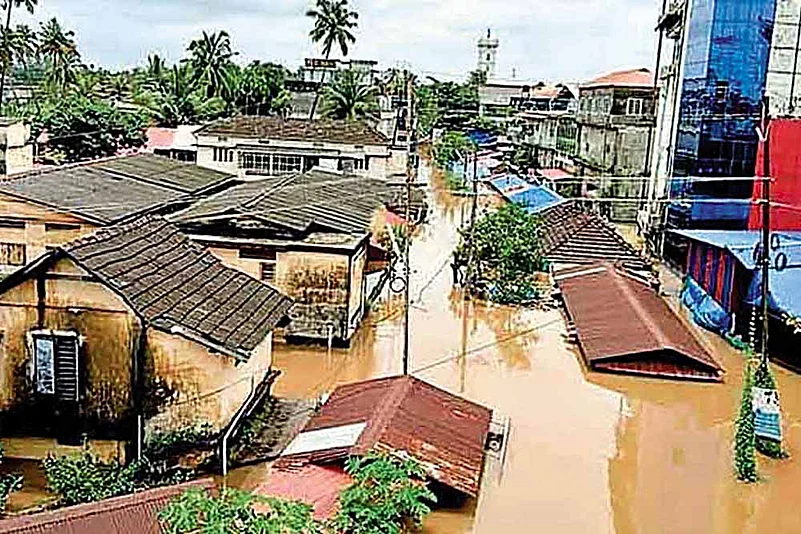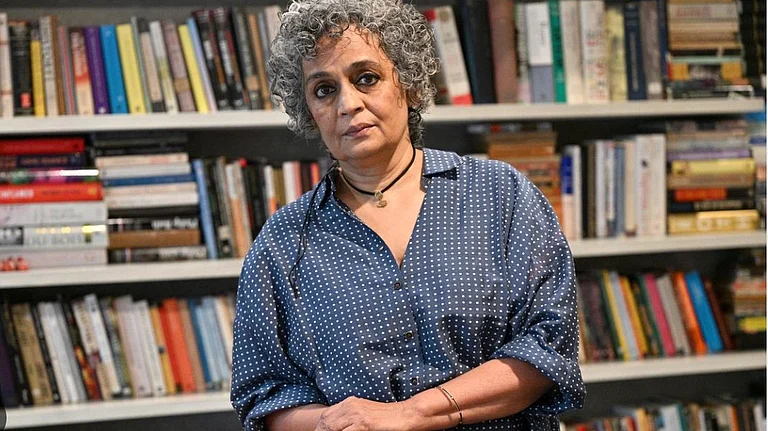Water in Sanskrit is called jeevan, life itself. A critical ingredient of life, water makes up 90 per cent of the weight of some organisms. This is 60 per cent for humans, and for our brain and heart, 73 per cent. This vital natural resource is being mismanaged across the world, and quite noticeably in India. Among its most striking manifestations was the flood that devastated Kerala and inflicted heavy economic damage in August 2018. The two most important factors that led to this havoc were mismanagement of water resources under a bureaucratic stranglehold and the government machinery’s refusal to involve people despite the many constitutional provisions for decentralised decision-making.
In 2011, the Western Ghats Ecology Expert Panel had pointed out that the prevalent project-oriented ad hoc approach to water resources planning and management based on demand and supply left much to be desired, and that the time was ripe for a paradigm shift to management of water resources at the river basin level, with water being considered integral part of the natural and human ecosystem.
The panel recommended developing decentralised water management plans at the local self-government level for the next 20 years, incorporating appropriate watershed measures such as afforestation, eco-restoration of catchments, rainwater recharging and harvesting, storm water drainage, water auditing, recycling and reuse. It envisaged integrating these local-level plans into basin-level ones.
The panel also recommended rescheduling reservoir operations in dammed rivers and regulating river flows to improve downstream flows, besides using it as a conflict-resolution strategy. The implementation demands an effective public monitoring system to be in place.
Other recomendations included initiating participatory sand and stone quarry auditing and putting strict regulations in place, so as to improve the water-retention capacity of rivers; environment flow assessments involving social movements for river protection, with research institutions and NGOs working with communities putting in place indicators for environmental flow assessment.
None of these recommendations of the panel was accepted by the government machinery, which does not want to accept any accountability and relinquish its stranglehold on the management of natural resources, including the most vital—water. Such undemocratic functioning is clearly in violation of our Constitution and all its provisions for democratic devolution.
Fortunately, this does not go unquestioned in our open society. There are many voluntary efforts by the public to exercise their constitutional rights to monitor and engage in the management of natural resources. A shining example is the River Research Centre (RRC) that has been monitoring the flows in Chalakudy, a major river in Kerala, for the past several years. Chalakudy witnessed unprecedented levels of flooding in August 2018.
The RRC group, along with many concerned local citizens, including elected panchayat representatives, had been monitoring the flows since the beginning of the monsoon. There were heavy rains in July and the many reservoirs upstream had been completely filled up. RRC and others had been constantly warning the authorities that this was undesirable, and that there should be regulated releases so as to retain some storage space in the reservoirs. The authorities ignored these well-informed warnings, leading in August to overtopping of dams like Poringalkuthu. Had the authorities been responsive, the maximum flood level in Chalakudy would have been less by at least 2 metres, reducing loss of property substantially.
Kerala leads the country in democratic devolution of powers and people-oriented planning and management of natural resources. It was Kerala that pioneered panchayat-level natural resource mapping, which led to the Kalliasseri plan that proposed how prudent systems of local water resource management might be revived. It was the Kerala legislature that recognised the right of Plachimada panchayat to halt destructive development. But the government machinery and the many vested interests it is a handmaiden of have been resisting honest implementation of a holistic people-oriented approach.
Local communities have a genuine stake in the health of their surroundings and, in our democratic country, it is they who should play their rightful role and lead the country on a path of environmentally sustainable, people-friendly and, in the end, economically sound management of natural resources.
Madhav Gadgil, Ecologist who chaired the Western Ghats Ecology Expert Panel of 2011

























